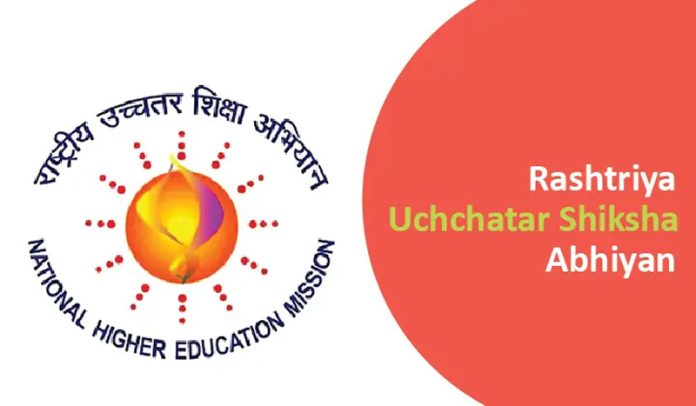The unutilised assets worth crores of rupees in the Constituent Colleges of the Cluster University of Jammu (CLUJ) under the Rashtriya Uchchatar Shiksha Abhiyan (RUSA) are not just concerning; they’re a glaring example of administrative negligence. This negligence has deprived students of the intended benefits of a centrally sponsored scheme aimed at enhancing the educational infrastructure. The essence of any educational initiative lies in its implementation, ensuring that the resources allocated are effectively utilised for the betterment of students’ learning experiences. However, in the case of CLUJ, this fundamental principle seems to have been overlooked, leading to the creation of assets that remain idle for years. It’s distressing to learn that canteen blocks and hostel facilities constructed with substantial funds have not been put to use. While the blame game ensues among various authorities, the ultimate sufferers are the students deprived of essential amenities that could enhance their educational journey.
The respective principals, concerned authorities within the university, and the Higher Education Department must be held accountable for their lack of diligence in overseeing the utilisation of these assets. It’s not just a matter of delayed action; it’s a failure to fulfil their responsibilities towards the educational welfare of students. The excuse of administrative complexities is unacceptable. DPRs should be meticulously examined, and necessary steps should have been taken to ensure the smooth transition of assets from the Roads and Buildings Department to the university authorities. The fact that such crucial procedures were overlooked reflects a systemic failure that needs urgent rectification. Concrete actions need to follow swiftly. There must be a concerted effort to expedite the handover process, ensuring that these assets are utilised for their intended purpose without further delay. The Higher Education Department must collaborate closely with the university authorities to streamline the process and address any bureaucratic hurdles promptly. Proactive measures should be put in place to prevent similar occurrences in the future.


